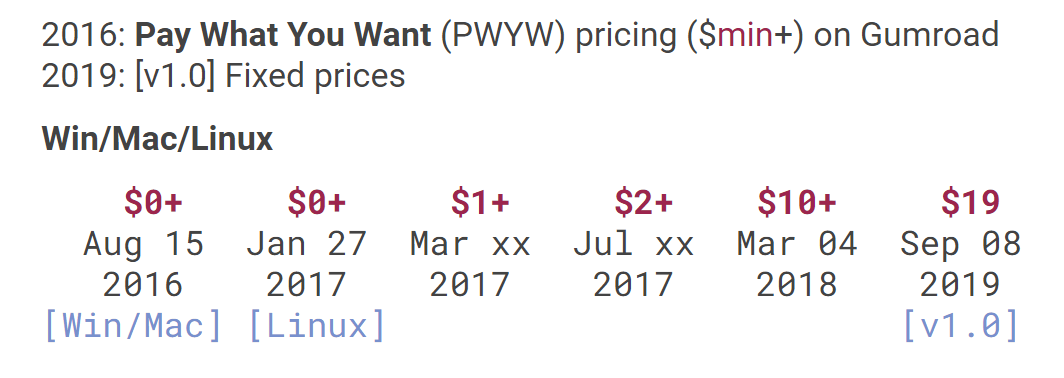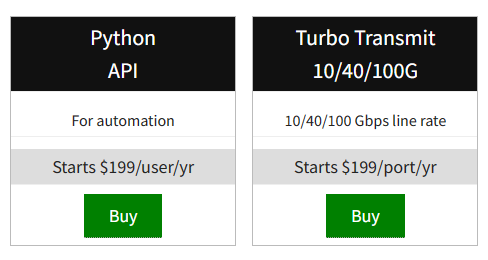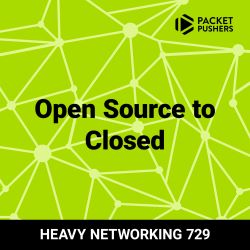Why Ostinato Is No Longer Open Source
TLDR: After 14 years as an open-source project, starting April 2024, Ostinato is going closed-source to keep the lights on for continued product development
Circa 2010
After 3 years of experimenting, teaching myself a bunch of stuff and intermittent work in a private (CVS!) repo, Ostinato was launched in 2010 as an open-source project on GoogleCode.
As a long time user and supporter of free (as in freedom) software and open-source, Ostinato was my contribution back to the open-source community from whom I had taken and learnt so much over the years. I had a day job that I liked and Ostinato was my passion project that I worked on during nights and weekends.
Over the years
From day 1, it was intended to be cross-platform and worked on Windows, MacOS and Linux with installation binaries and packages available as free downloads. Despite being a niche software, it found it’s audience and soon there were over a hundred downloads a day.

In 2016, wanting to cover my costs, I experimented with a bunch of monetization models including running ads on the website, soliciting donations and offering binary installation packages for various platforms for a price. The last of which was the only success (relatively speaking).
Charging for binaries while still open source and easily build-able meant users were paying only for convenience - and that has a ceiling. I still persisted with that model (since nothing else had worked) while occasionally experimenting with price increases to test the market.

Hello, open core!
I also further experimented with closed-source add-ons - the automation API and Turbo high-speed line-rate 10/40/100Gbps traffic generation. The idea behind these was that I would be able to charge for value rather than for convenience. And if this took off, I might consider making the base software available as a free download again. But wishes ain’t horses and the add-ons didn’t make enough money.

The covid years
Covid in 2020 led me to some serious existential questions and introspection of what I want from life, work and Ostinato. Although I was making some money from Ostinato, it was not enough to make a living and nowhere close to what I made at the day job.
But, I believed in the product and the users it was serving. So, I took a leap of faith and quit my day job in 2022 to work full-time on Ostinato to see if I can grow it to a level where I could make a living from it.
At the crossroad
Which brings us to April 2024. It’s been 14 years since launch, 2 years since I started working full time on it. But not enough revenue - for even one person. Once again I had to ask myself some difficult questions.
“Do I want to continue with Ostinato or is it time to walk away?”
I still believed in the product and that there’s a need for it in the market.
But in these 14 years of being open-source, I had failed to build a community of code contributors or helpful folk on the forums - I was still doing everything, wearing all hats.
All my ideas about increasing revenue were about feature differentiation at different tiers. Given the current architecture and code base this is difficult to do with a single open-source code base without a complicated system of public and private forks/branches and continuous and careful code merges across repos or duplicating code.
All that added complexity - to what end? My personal belief in open-source had made me dogmatic about Ostinato continuing to be open source.
The truth had been staring at me for a long time - open source was not working for Ostinato, in fact it was restricting product development and growth.
And so I took the difficult (for me) decision to close source Ostinato and begin a new chapter in the Ostinato product journey.
Starting April 2024, Ostinato is no longer open-source. Ostinato 1.3.0 is the last open-source version. Tarballs for that and older versions continue to be available on GitHub.
More details

I spoke in much more detail about my open-source journey and this decision on the Packet Pushers’ Heavy Networking podcast. You can listen below (transcript available on the Packet Pushers’ website).
Srivats (Creator, Ostinato)
